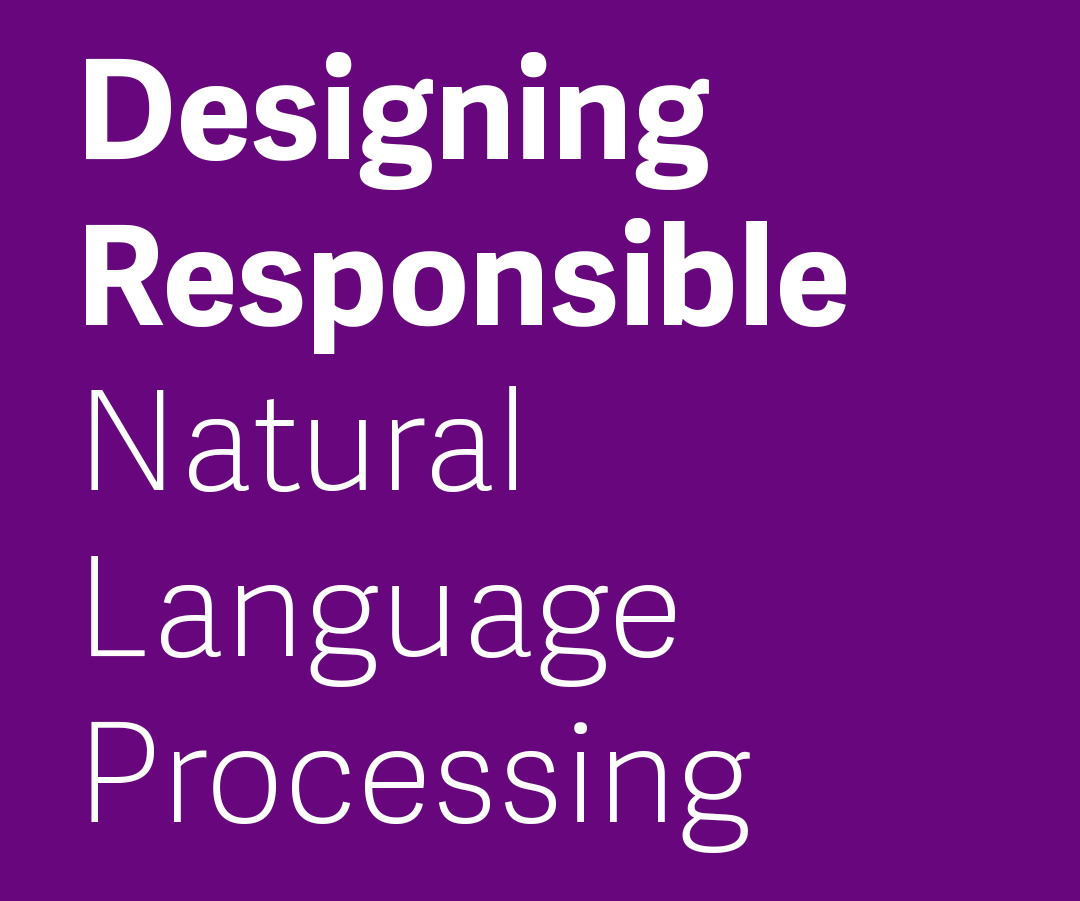Additional training support
As well as the formal credit-bearing courses all CDT students will be enrolled on, we have a wide variety of other training initiatives and activities within the centre, which are intended to enrich the learning opportunities for students, to build links between students within and across different cohorts, and to further personalise student’s training plans.
Entrepreneurship and innovation oriented training
We expect many students will seek diverse career pathways after their PhD – with some looking at academic trajectories, and others seeking careers in industrial research and development, or moving into entrepreneurship and social innovation or creating start-ups. Each cohort of students will participate in Fast Track Impact training for PhD students in Year 1, and placements (explained below) will provide students with hands-on industry experience. In addition, students will be able to participate in Bridge, a new start-up building course delivered by the Edinburgh Futures Institute and partner Codebase.
Beyond this, the Bayes Centre and Edinburgh Innovations will provide students with access to University support to facilitate the commercialisation of their research. The support here will include mentoring, access to business advisors, incubators, accelerators, and a network of investors and peers. Our CDT students will also have access to Edinburgh Innovations intensive PhD Max programme designed to support entrepreneurial PhD students. We also have funding for some students to access the Bayes Centre’s Venture Builder Incubator – a programme providing students with the skills to create and grow tech start-ups.
CDT Festival
Being able to share publicly funded work with the public is an important component of being a contemporary researcher. To support this, each year we will hold a CDT Festival, timed alongside the Edinburgh Science Festival. Our CDT team (which includes a designer) will support students in preparing engagement materials for exhibitions, demonstrations, and publicly accessible talks related to their research. The festival will support public engagement and contribute to developing team working experiences across cohorts.
Industry Challenge Days
Annual Industry Challenge Days will allow CDT students and supervisors to hear from our CDT partners about responsible NLP projects, challenges and problems they are working on. The challenge days will be an opportunity for networking between students, supervisors and partners, and will also generate ideas for briefs and project topics for the Applied Interdisciplinary Project and Case Studies in Responsible NLP courses in Year 1 and 2 of the training programme. We also expect these days will help students make links with partners for future placement and internships. Over time, these days will also be an opportunity for students and partners to share learnings from projects that have been conducted together.
Placements with partners
Every student will have a placement made available to them during Years 2 or 3, which can be up to 3 months in length. The placements will involve students working within our partner’s teams and deploying skills developed through their training. We expect around two thirds of placements to be with industry, and to be with international research labs.
Policy Workshops and Fellowships
Our CDT is committed to staying current with evolving regulations on AI and Natural Language Processing and proactively addressing future governance requirements. We also increasingly see our PhD students as wanting to keep on top of these issues, with many having the aspiration to contribute insights from their research to help shape new policies implemented by governments and different sectors.
To support this, annual workshops will be ran by the CDT team to allow students to share and synthesize data and insights from their projects, with an emphasis on developing implications for policy. These workshops will involve our advocacy and policy partners, like DCMS and OFCOM. These workshops are expected to be a launching pad for students interested in entering policy environments after their PhDs. We will also have up to two Policy Fellowships available per cohort, which will allow some CDT students to work more closely with a policy-oriented partner for up to 3 months and embed their research into policy practice.
Responsible NLP speakers and masterclasses
We will run a regular series of invited talks each year for speakers from academia and industry on topics surrounding responsible NLP and, more broadly, issues of responsibility and trust in AI. We expect to have 10 speakers a year for this series, which will be conducted in hybrid format and open to audiences beyond just the CDT.
We will also host two Visiting Fellows each year – one of which will be a Global Majority Responsible NLP Fellow – who will give lectures and run masterclasses with CDT students on cutting-edge responsible NLP topics.
Ethics Reviews
We will hold annual cohort-wide ethics workshops, reviewing student’s studies involving human participants and exploring anticipated and unintentional risks of projects (whether it includes participants or not). These reviews will support collective responsibility and critical reflection, developing a community of responsible NLP practice.
Collective online field-book
To document ongoing learning from students, supervisors and partners, the CDT team will develop an online field-book. The field-book will be woven into taught courses and the ethics, policy and placement reviews. It will be a way for us to collectively document projects and insights, and be an open resource to share emerging practices and principles of responsible and trustworthy NLP for the wider AI, design and regulatory community to learn from.
Supporting student-led training
We will also promote and fund training initiatives led by students, such as student-led skill-sharing sessions, reading groups, seminars, workshops etc. In Years 2 through 4 students will also be encouraged to take paid teaching opportunities, including supporting the bespoke CDT courses that they would have completed as students in Year 1. For those seeking longer term careers in academic, we will support them in working towards AdvanceHE Associate Fellow recognition.
